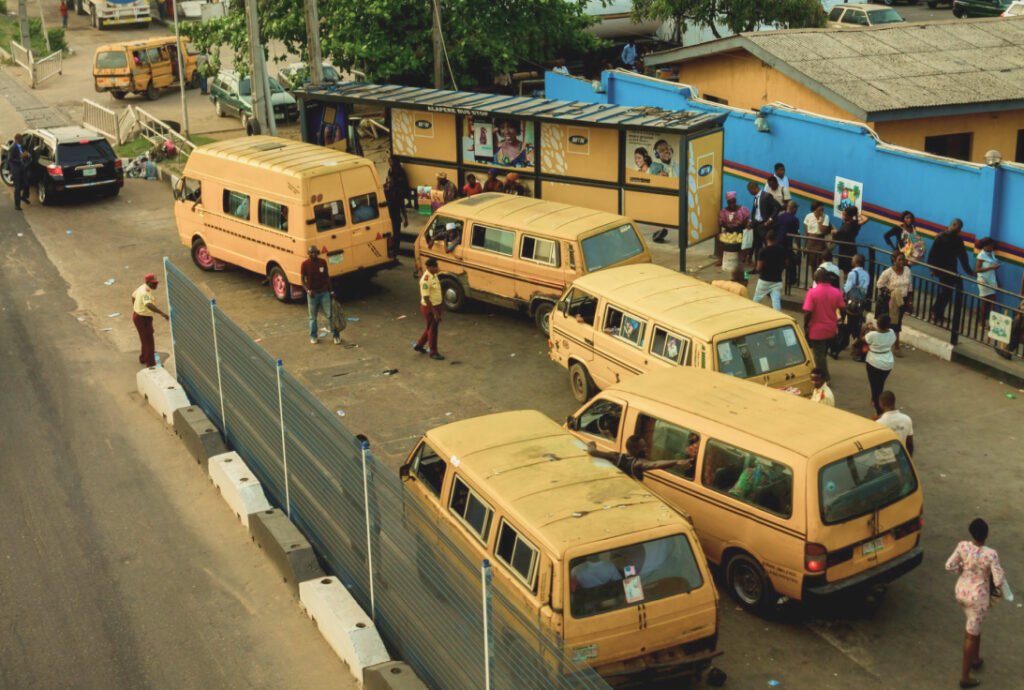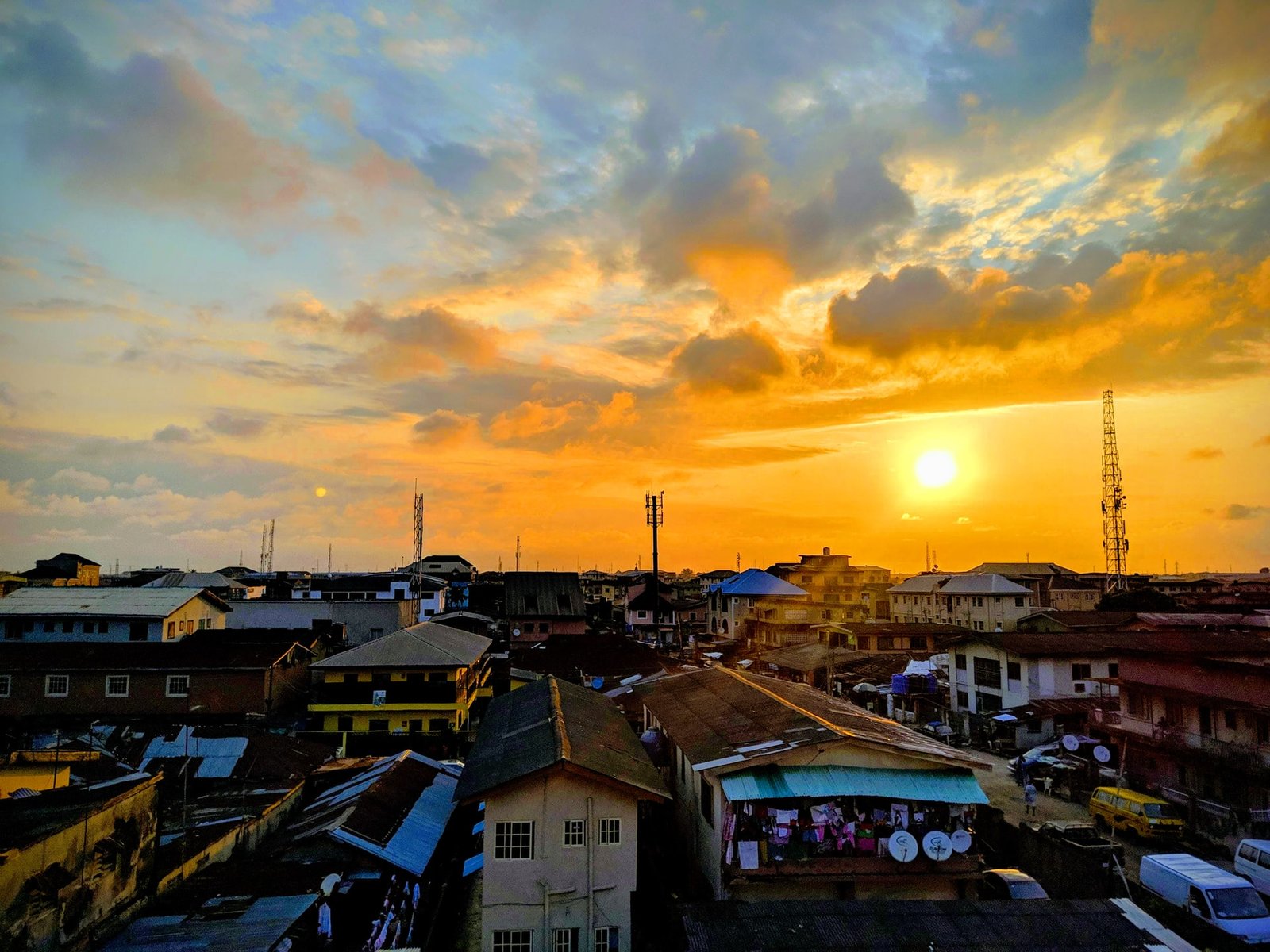Please Follow this link to Download Scenario Descriptions and Storylines
How do we ensure a just, prosperous, and resilient Nigeria, when it turns 100 in 2060?
The Questions
Citizen Scenarios Stem from the existential questions that the country and its citizens have to ask… Just some of those questions include:
- How does Nigeria leverage its greatest resource, its population, rather than suffer from the strains of rapid population growth? Is a population of 400 million people by 2050 sustainable?
- What does a thriving, post-oil Nigerian economy look like?
- How does Nigeria build resilience against and exploit the opportunities of climate impacts, already being felt?
- How does Nigeria reduce conflict, crime, and poverty to become a more inclusive and prosperous society?
- What governance innovations does Nigeria need to end energy poverty, expand economic opportunity and achieve decent health and education for all by 2060?
- Which positive impacts can sound urban planning have on the population – economically, socially, and psychologically?
- Can a culture of compromise, dialogue, and empathy (CDE) be created to serve as the basis for strategic engagement about the country’s future?

The What
Using scenarios expertise and in conjunction with a diverse world-class group of leading Nigeria and international experts, create “Citizen Scenarios” for Nigeria up to 2060 (CS60), considering the energy transition, agriculture, urban and regional development, education, health, and creating a culture of dialogue, with country ownership and accountability at the heart of it all.
The Why

• The country lies at a critical juncture – Covid-19 challenges aside, climate change is creeping into the country’s physical geography in the north and south;
• With 200 million people, the country holds half of West Africa’s population and is the most populous country in Africa;
• Its federal system allows for some experimentation, pockets of progress and opportunities to showcase positive change with good policies, accountability and leadership, and possibilities to scale;
• Although improvements have been made, the governance challenge has been and remains acute in many sectors.
The Who
Leading Nigerian and international experts, gender diverse, a deep range of sector expertise, and a broad geographic range within Nigeria. This is Nigerian-owned and run. It is an honest look in the mirror about where the country stands and what type of country we want to hand off to future generations.
All experts have been identified for simple reasons – their hunger for change, their enthusiasm, their track record, and their perseverance.
The When
Kick-off
October 2021 – Virtual
This is going to be a Kick-off workshop, the goal of this work will be to create two scenarios.Consolidate
November 2021 – Virtual
A Workshop will be held to consolidate scenariosPresent
January 2022 – Physical Meeting.
Presentation of scenarios/workshop to introduce working groups, begin roadmap process.Working groups meet monthly circa three hours (each working group will have a Sherpa, who would then collate information to create “workable” sketches for the group).
Share
January, March, May, July, September 2022
Working group briefs shared with cross-fertilisation calls between several working group members across sectors (i.e., energy, natural resources, and the environment with the economy, urbanization, or health with education)Launch
November 2022
Analog workshop for three days in Lagos and launch of products and roadmapReview
January 2024
The first-year review – what needs to be done regarding the roadmap’s trajectory, Annual Report (Card) – Progress, Opportunities, and ChallengesThe Annual Report (Card) looks back as well as forward, particularly opportunities in the coming 12 months.
